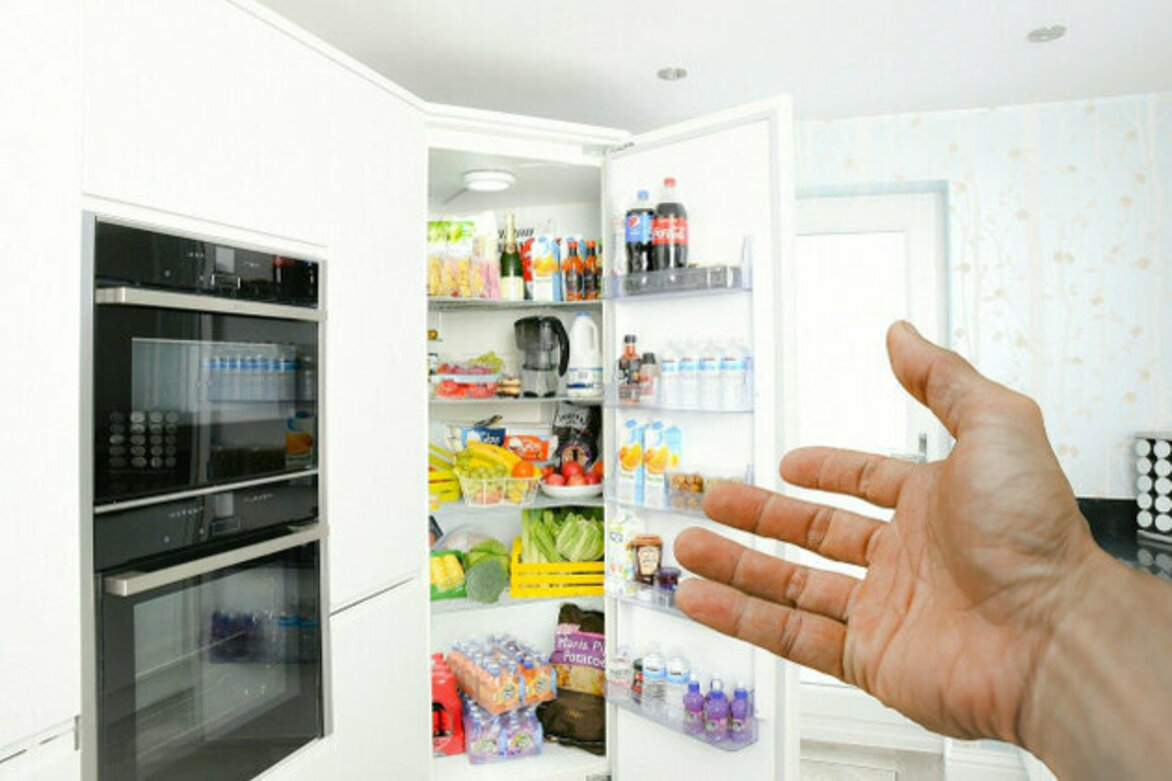Eco-Tax Hike Pushes Appliance Prices Up by 15% in Bulgaria
Novinite.com
18 Jun 2025

Retail prices for household electrical appliances in Bulgaria are set to rise by up to 15%, following an increase in fees related to the recycling of outdated electronic and electrical equipment. This is due to higher utilization costs imposed by authorized organizations, not a direct hike in the state's eco-taxes, the Ministry of Commerce emphasized. Officials from the ministry stated that existing fees were already too low and clarified that the ministry would not support requests from manufacturers and importers to eliminate the state product fee alternative.
Dimitar Beleliev, chairman of the Bulgarian Association for Electrical Engineering and Electronics, explained in an interview with the Bulgarian National Radio that the core issue lies in the shift from paying a low state fee to paying higher charges to licensed utilization organizations. This shift will likely result in a 5 to 15% increase in the retail prices of both black and white appliances.
These product fees, often referred to as eco-taxes, are regulated under a European directive, with individual EU member states responsible for setting their rates. Beleliev pointed out that Bulgaria's current framework dates back to 2008 and argued that the fees are disproportionately high given the country's economic conditions.
The lack of a well-functioning enforcement mechanism adds another layer to the issue. As Beleliev noted, companies are required to declare the amount of electrical and electronic goods they put on the market, but if they fail to do so, they may simply avoid paying the fees. The enforcement agency, the Ministry of Environment and Water, struggles to identify violations without conducting in-depth inspections.
In response, the association is calling for two major reforms. First, for the state to reassess and potentially reduce the level of the fees to match what the Bulgarian market can reasonably bear. Second, to ensure that the system is made fairer by enforcing the obligation on all market participants to pay the fees, rather than allowing a large share of the sector to operate outside the rules.
Although the current price increase is linked directly to higher utilization charges rather than changes in national tax policy, public concern remains high that such hikes are part of a broader trend tied to Bulgaria's upcoming eurozone accession.
While no official connection has been made between the eco-fee adjustment and the euro adoption process, many consumers fear that entry into the eurozone could trigger inflationary pressures.
Industry representatives, however, have not attributed the rising appliance prices to the expected currency transition, emphasizing instead that the spike results from structural issues in the country's recycling system and the lack of effective market regulation.
Over the past couple of weeks, several notable price increases have been reported in Bulgaria. The Consumer Price Index for May shows moderate monthly price growth across various categories, including restaurants and hotels (+0.8%), miscellaneous goods and services (+0.6%), alcohol and tobacco (+0.6%), food and non-alcoholic beverages (+0.5%), and clothing and footwear (+0.5%). These increases are part of broader inflationary trends rather than isolated incidents.
Authorities are also monitoring the potential impact of the euro transition on pricing, particularly the risk of unjustified price increases related to rounding during dual-price labeling. VAT inspectors and trading commissions remain vigilant, especially concerning basic food products, to prevent improper price markups during this period.
